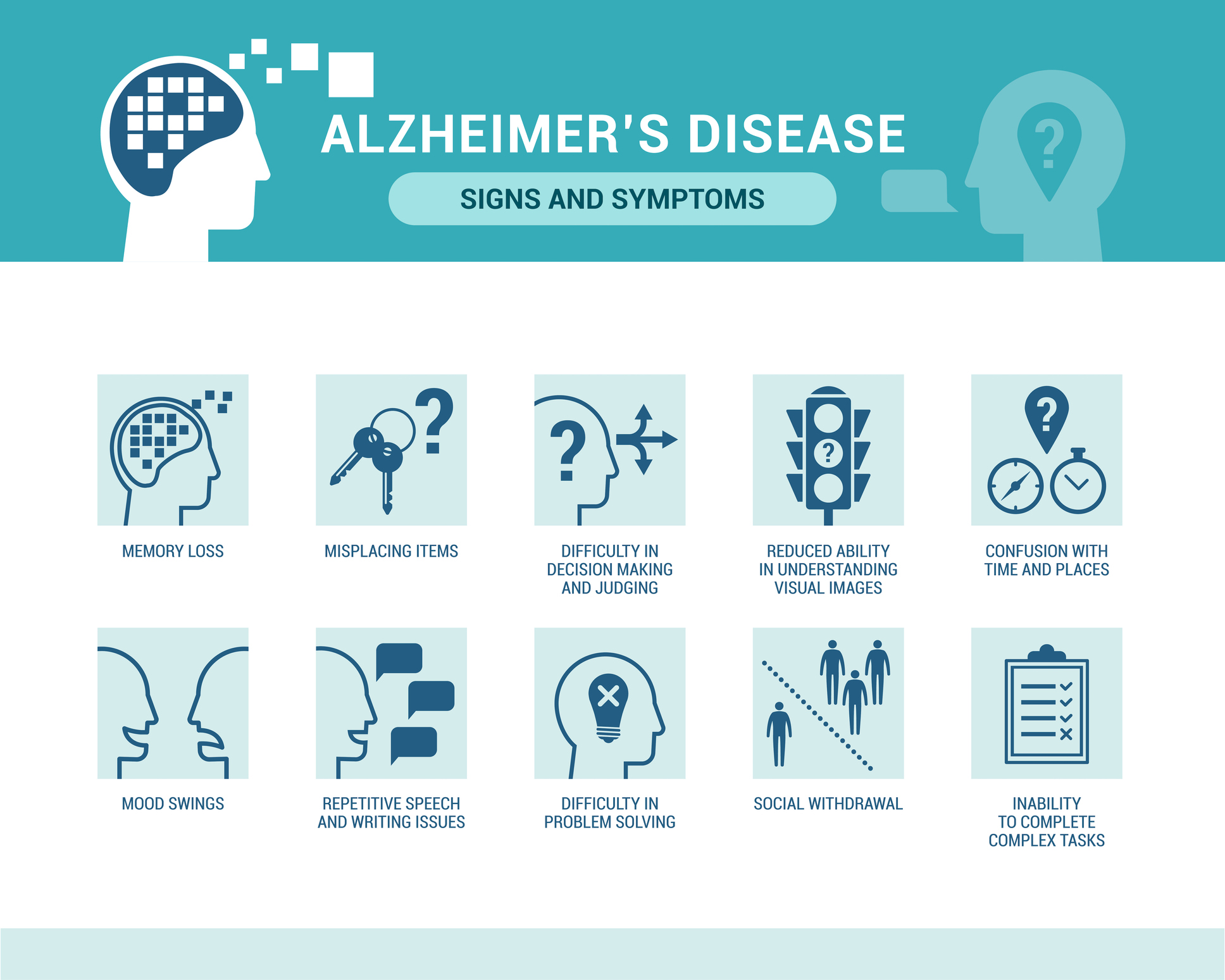Although older adults are living longer, and often in better health thanks to medical advances and a greater understanding of the benefits of exercise and good nutrition, many seniors worry about losing their independence as a result of cognitive decline. The most common cause of dementia is Alzheimer’s disease – the risk of which comes in large part from the genes we inherit and the way they interact as well as from lifestyle and environmental influences. But some of the early signs of dementia outside of forgetfulness may be less well known.
Problems handling money may be one of the first noticeable signs of Alzheimer’s disease. Missed credit card payments or having trouble counting change, calculating a tip, understanding a bank statement, paying for purchases or balancing a chequebook can be early signs of dementia. A study of 81,000 Americans between 1999 and 2018 showed missed credit card payments dating back up to six years before a dementia diagnosis.
An inability to detect sarcasm or lies can also be a sign of deterioration in certain parts of the brain. A loss of the capacity to pick up on irony or deception can lead people with frontotemporal lobe dementia to fall prey to phone or online scams – a clue of cognitive problems among many seniors.
Frequent nightmares are also associated with cognitive impairment later in life. A small 2022 study found that children between the ages of 7 and 11 who experienced regular distressing dreams were more likely to develop some type of cognitive impairment by the age of 50. Middle-aged and older adults who experienced regular nightmares were also found to be at an increased risk of having dementia in the future. Researchers suggest that the connection exists because frequent nightmares disrupt the brain’s ability to restore itself during restful sleep.
Another early sign of dementia that friends and family may notice, but individuals are unaware of themselves, is the development of a “blank stare” that can affect the ability of the eyes to track. People with a “reduced gaze” may skip lines as they read, misinterpret what they see around them causing confusion or have difficulty judging distance or depth which can lead to problems using stairs, for example.
Changes in eating habits and food choices can also signal a cognitive change and the onset of dementia. People may not recognize when food has spoiled or make uncharacteristic food choices, and as the disease progresses people with dementia may even try to eat non-food items.
Problems with the fluidity of speech, difficulty finding the right word, or other language functions often occur as dementia develops. With Alzheimer’s patients, language fluency can rapidly deteriorate.
While much of the risk for dementia is related to our genes, there are certain lifestyle factors that can help protect the aging brain. Stopping smoking, limiting alcohol, and controlling high blood pressure and diabetes are key factors in supporting brain health. Regular physical activity, good oral hygiene and maintaining a healthy weight with a nutritious diet also help to reduce inflammation and lower the risk of dementia. Regular social interaction and brain-stimulating activities are also beneficial to brain health.






Add Your Voice
0 Comments
Join the Discussion